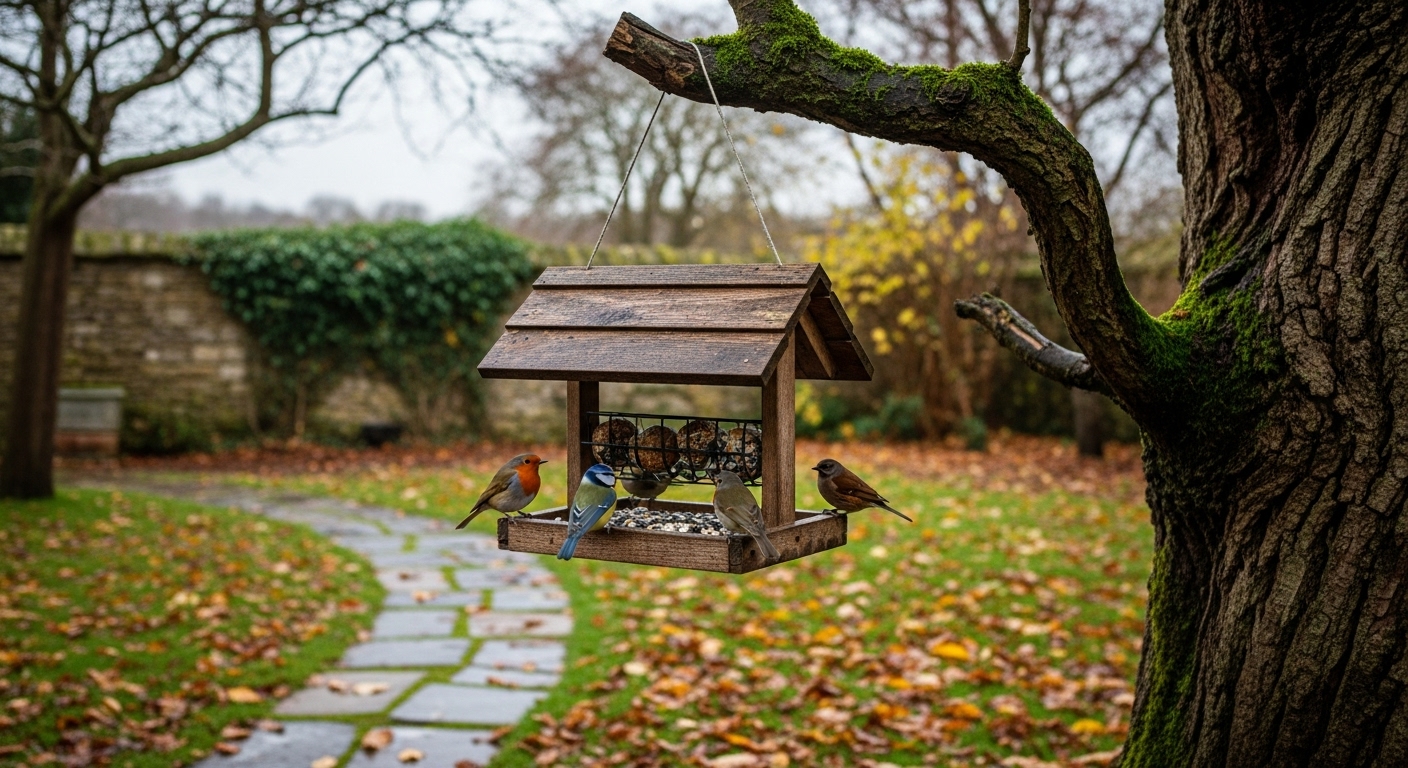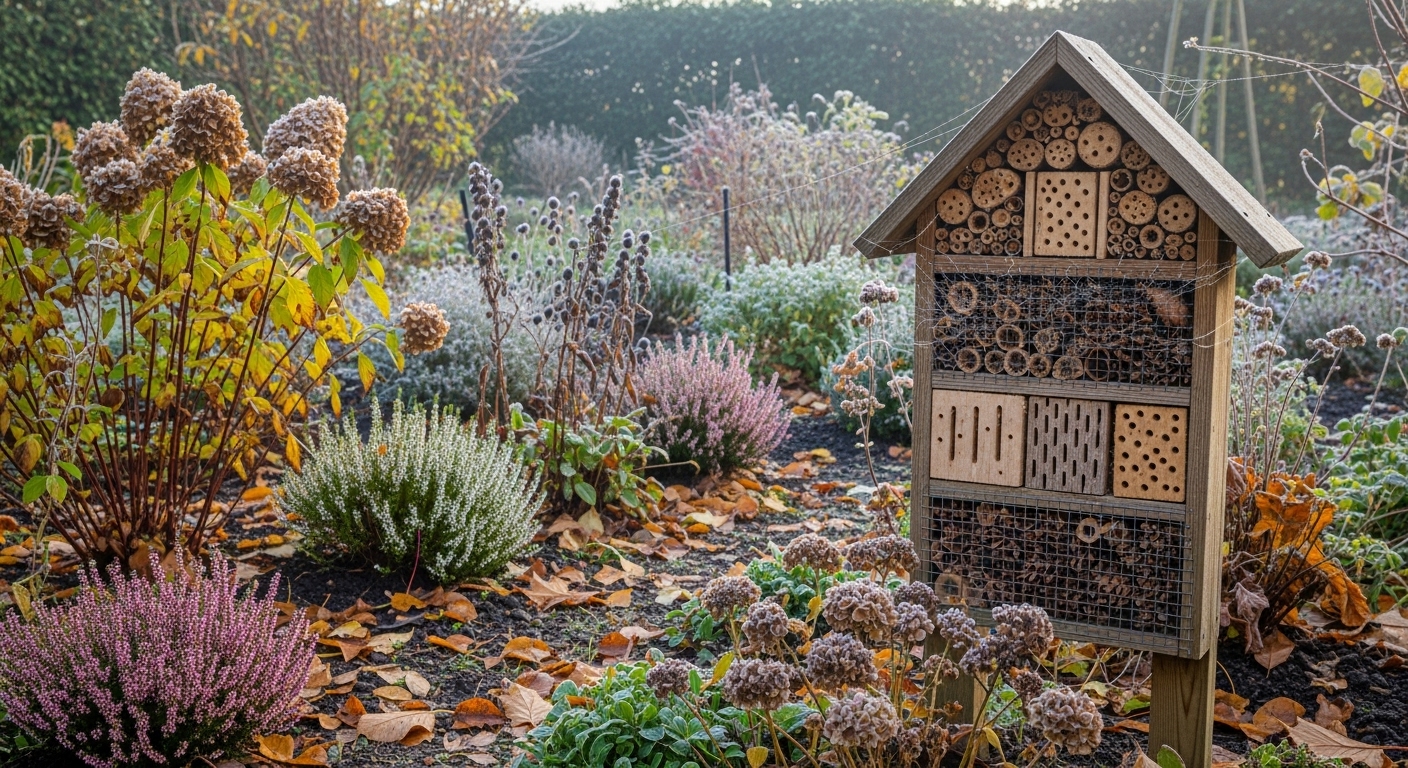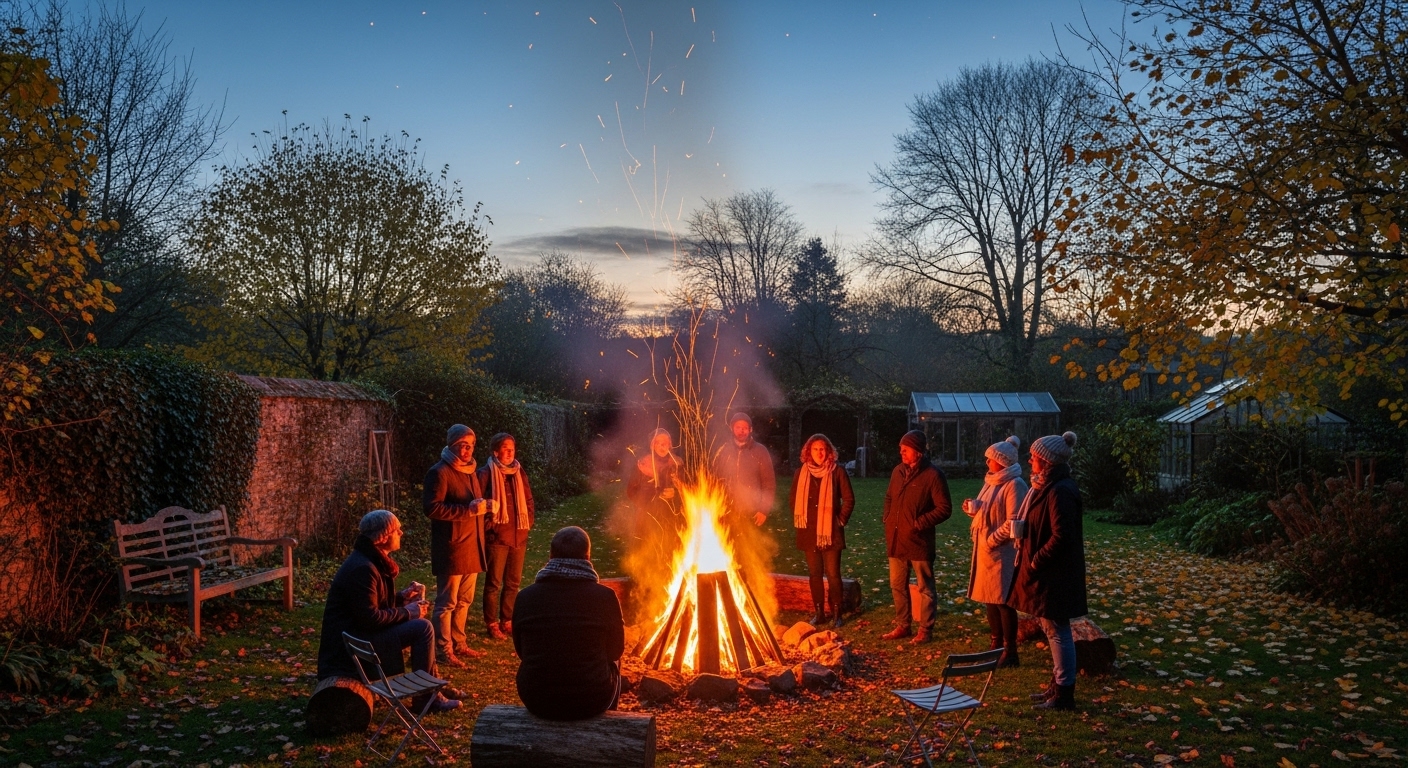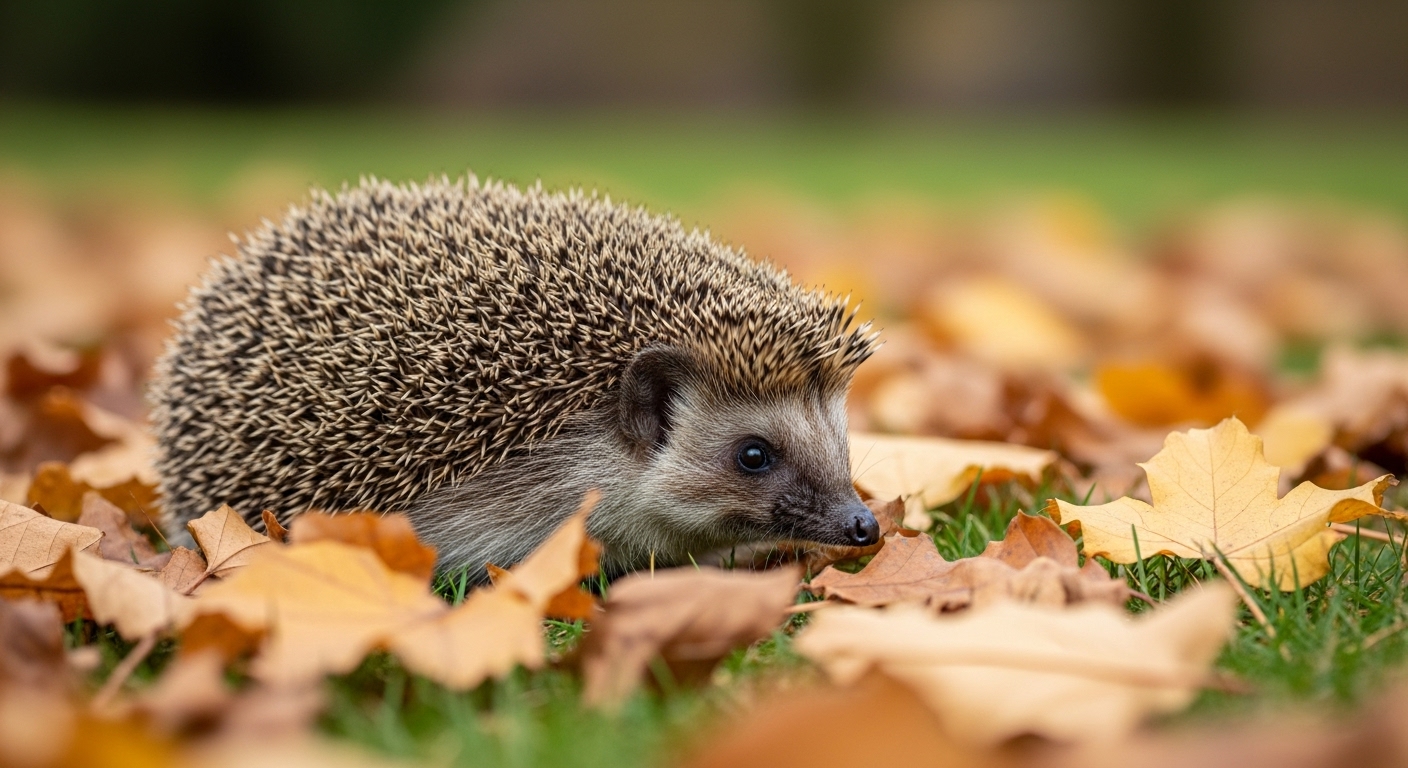November Wildlife: Supporting Your Garden’s Wild Visitors
As November draws in, bringing with it cooler temperatures and shorter days, the wildlife in our garden needs a little extra help. Your garden can be a vital haven for birds, mammals, and insects preparing for winter. Here’s how you can make a significant difference.
Providing Food and Water
Food sources become scarce in November. By offering supplementary food and water, you can help various species thrive.
- Bird Feeders: Keep your bird feeders topped up with a variety of foods.
- Seeds: Black sunflower seeds, nyjer seeds, and mixed seeds attract a wide range of birds.
- Suet: Fat balls and suet blocks provide essential energy.
- Peanuts: Unsalted peanuts are a good source of protein.
- Water: A fresh water source is crucial for drinking and bathing. Ensure bird baths are clean and topped up daily. In freezing weather, check for ice and clear it if necessary.
- Other Animals: Consider leaving out a shallow dish of water for hedgehogs and other small mammals. Dog or cat food (not fish-based) can be a good supplement for hedgehogs, but always in moderation.

Creating Shelter and Habitats
Shelter is just as important as food and water during the colder months.
- Leaf Piles: Instead of clearing all fallen leaves, consider creating a leaf pile in a quiet corner of your garden. This provides excellent hibernation spots for hedgehogs and insects.
- Log Piles: A log pile offers shelter for insects, amphibians, and small mammals.
- Hedges and Shrubs: Dense hedges and evergreen shrubs provide protection from the elements and predators for birds and other creatures. Avoid heavy pruning in November.
- Insect Hotels: If you have an insect hotel, ensure it’s in a sheltered spot, ready for solitary bees and other insects to take refuge.
- Compost Bins: A well-maintained compost bin can offer warmth and a food source for invertebrates, which in turn can be food for other animals.

Garden Maintenance Tips for Wildlife
Some simple changes to your garden routine can have a big impact.
- Avoid Tidying Too Much: Resist the urge to ‘tidy’ your garden completely. Dead stems, seed heads, and fallen leaves provide food and shelter.
- Compost Your Green Waste: Instead of sending garden waste to the landfill, compost it. This creates habitat and enriches your soil.
- Reduce Pesticide Use: Avoid using pesticides, especially in November, as they can harm wildlife and disrupt the food chain. Opt for organic pest control methods if necessary.
- Check Before You Disturb: Before lighting bonfires or turning over compost, always check for hibernating hedgehogs or other animals seeking shelter.

Looking Ahead
By following these simple steps, you can transform your garden into a vital sanctuary for local wildlife during November and throughout the winter. Every small effort contributes to supporting the biodiversity of our beloved gardens. For more information on specific wildlife or local initiatives, you can visit the RSPB website or Wildlife Trust.

